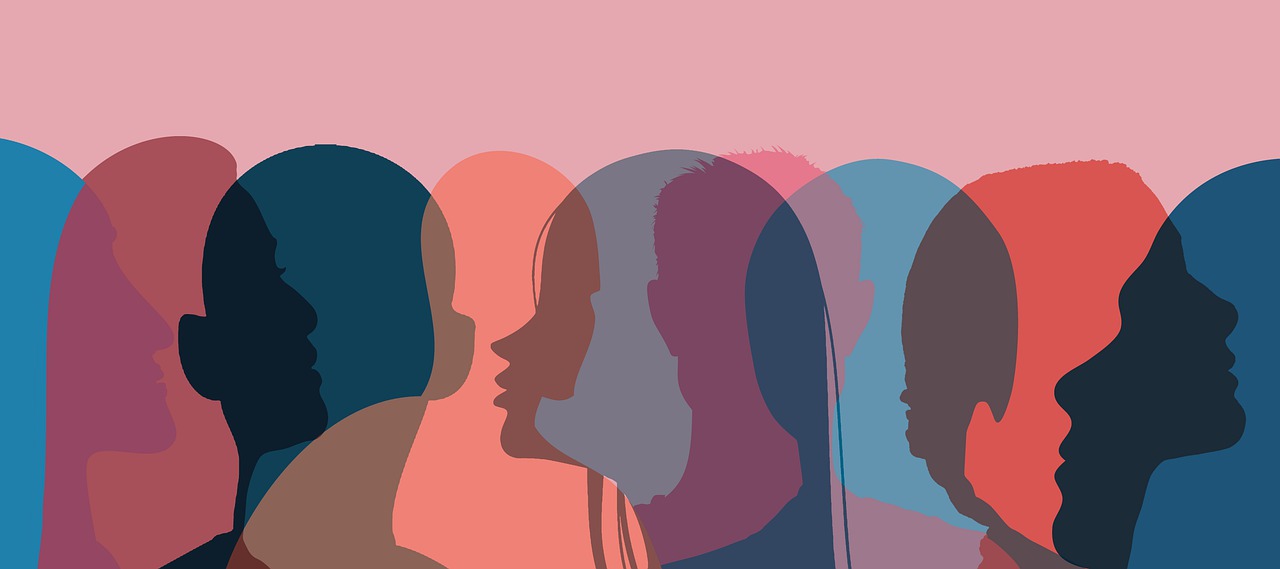Addiction has destroyed the lives of many people across the country. And while people of all genders have been impacted by this devastating disease, addiction can affect men and women in distinctly different ways.
In 2020, 40.3 million people in the U.S. age 12 and older struggled with addictions in the previous year, with 28.3 million people suffering from alcohol use disorder and 18.4 million people battling addictions to illegal drugs.
Although men previously suffered from higher rates of substance abuse, that gap is now narrowing. About 13.2 million American women age 18 and older fought their own battles with addiction in 2020, while 12.2 million women suffered from alcoholism and 7.4 million women had addictions to illegal drugs.
While a person’s gender does not guarantee that they will have certain experiences with an addiction, there are common ways an addiction can impact men and women differently.
How Addictions Can Affect Women
Women usually start abusing substances later than men do, but they tend to develop addictions much faster. While more and more women are binge drinking alcohol, they’re at a much higher risk for starting their drug use with prescription painkillers, sedatives, or weight loss pills. And with many women abusing prescription opioids, it’s no surprise that heroin use is increasing much faster among women than among men.
Their reasons for using drugs and alcohol also often differ from men. Many women have suffered traumatic events like intimate partner violence, or they may have been in relationships with partners who used substances to control them. That’s not to say that men do not struggle with these experiences, but they happen to women at higher rates.
The social consequences of an addiction can also be more severe for women than for men, particularly when it comes to their families. Women face higher rates of divorce than men do because of their struggles with an addiction, and many pregnant women won’t tell anyone that they are suffering from an addiction because they are afraid that someone will contact social services.
How Addictions Can Affect Men
Peer pressure and the desire to fit in can be the driving force behind why many men start abusing substances, and alcohol is typically their substance of choice. Outdrinking one’s peers can be a rite of passage for many young men, a dangerous pastime that can lead to alcohol poisoning, alcoholism, and even death.
But men do also suffer from trauma and other mental health concerns. Sadly, there’s still a stigma around men talking about their feelings, so they often turn to drugs and alcohol to self-medicate feelings of depression or anxiety.
While men face fewer social consequences because of their struggles with an addiction, they tend to have more legal troubles. This might be due to driving or having a physical altercation while under the influence or stealing to get money for drugs or alcohol.
Benefits of Gender-Specific Treatment
These differences can have a domino effect that ultimately impacts how someone responds to addiction treatment. That’s why some men and women may find that getting gender-specific treatment can be the best choice for their recovery.
In this type of addiction treatment programming, living spaces and treatment groups are separated by gender. This can create a sense of comfort and safety for participants, especially those who have experienced different-sex intimate partner violence.
And by addressing the concerns that are specific to both men and women, these programs can help participants work toward recovery in ways that target their lived experiences. For many people, this approach can lead to better, longer-lasting outcomes.
Someone’s gender doesn’t always impact how an addiction may affect them. But for others, getting treatment that is specific to their gender can make all the difference in their recovery.








1 Comment
How does addiction affect trans and nonbinary people?